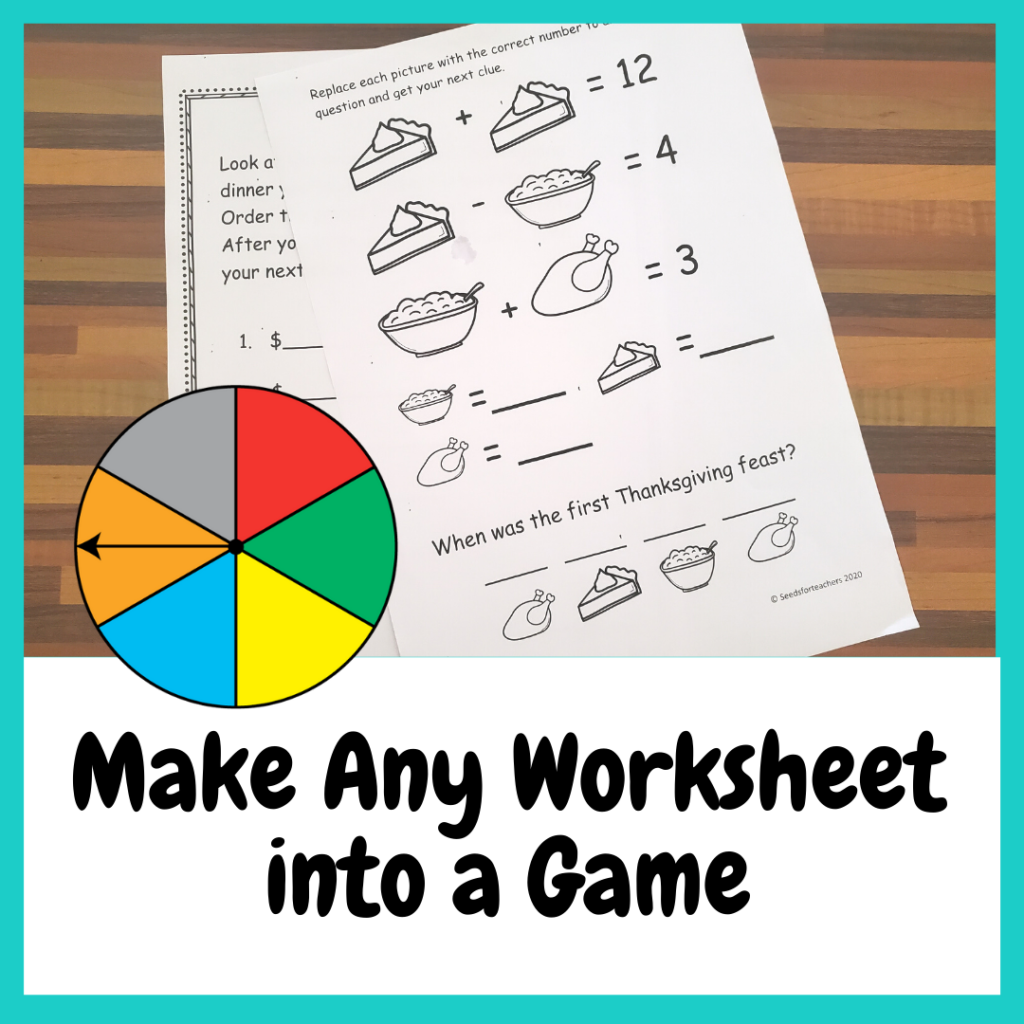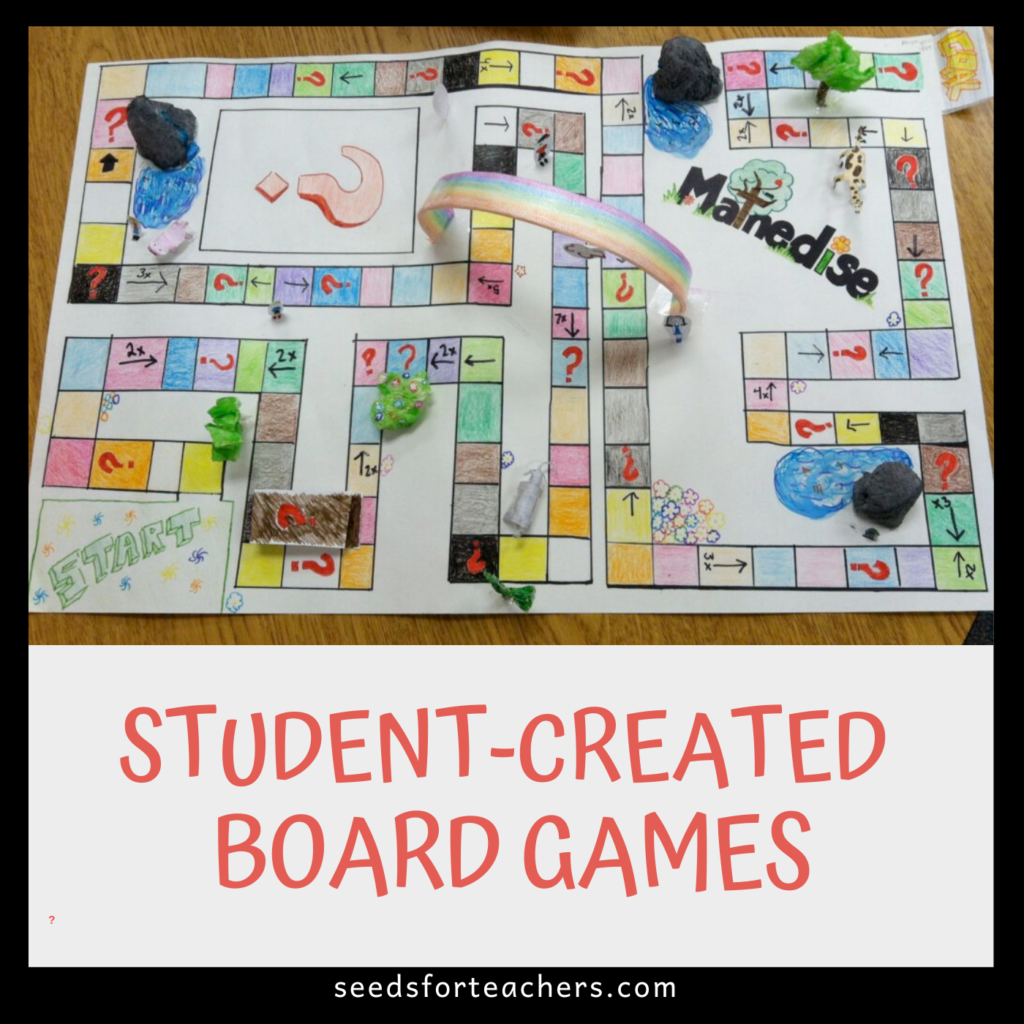Summer learning loss, also known as “summer slide,” refers to the loss of academic skills and knowledge students may experience during the summer break. Parents may not be aware that the summer slide even exists but educators know it’s a real thing. This phenomenon occurs amongst almost every student of every age, but it has a particular tendency to occur in upper elementary when children are learning a lot of new concepts for the very first time.
Why is the Summer Slide a Problem?
Aside from the obvious point that your child has forgotten some potentially valuable knowledge that they had previously squirreled away in their brain, there are other issues caused by the summer brain drain.
If a group of children comes back to school after a summer packed with fun and no math, English or science, then this likely means that there is going to be a lot for the teacher to recap and go over when the start of the new academic year comes.
This also means that no new learning can take place until the old knowledge gaps and holes that have appeared have been filled in again.
The second issue is that children who suffer from summer learning loss will likely end up behind their peers. Children who avoid a summer learning loss will come back to school raring and ready to tackle all of the new topics and concepts that will be thrown at them.
Ways to Prevent Summer Learning Loss
1. Encourage daily reading.
Reading is a great way to keep the mind engaged and prevent learning loss. Encourage your child to read every day, whether it’s a book, magazine, or newspaper. Reading skills and fluency are often most affected during the summer because children usually engage in sports and TV instead of reading.

2. Take educational trips.
These could be in person trips to the local museum or art gallery. They could also be virtual trips. Museums and educational sites across the world now have interactive virtual exhibits. Lifewire has an awesome list to start with (they are all FREE!).
More trip ideas that may be in your area include:
local aquarium
food bank
recycling center
state or county capitol
animal shelter
3. Incorporate learning into summer activities.

Summer is a great time to explore new interests and hobbies. Encourage your child to participate in activities that promote learning, such as visiting museums, trying new recipes, or exploring nature. Take a theme that your child is interested in and explore it with different art and learning activities. I shared posts about some units I’ve explored with students during the summer months when I worked at a before and after-school program:
4. Learn a Language
Even though the summer holidays aren’t long enough to become fluent in an additional language, they are a great chance for young linguists to test out their talents.
If you are lucky enough to be heading on a family trip abroad over the summer break, you can use this time to test out your child’s basic French, Spanish, or any other language! Check out Duolingo, it’s free and kid-friendly.
5. Keep a Journal About the Summer Holiday
Writing has not had much of a mention in our list so far, but this activity is the perfect way for your child to continue practicing their writing over the summer break.
Whether it comes in the form of a diary detailing what they have been doing, or even a weekly postcard to their teacher telling them all about their favorite thing from the last 7 days, writing on a regular basis should form an important part of your child’s summer holiday structure.
It is important to remember that when we talk about summer learning, we don’t mean that your child should be tied to the desk and made to answer question after question, depriving them of their summer of fun. Just being intention and a little bit creative, you’ll be amazed at how so many of the summer things you already have planned to do can be made just a little more of learning opportunities.
Other posts you might like:



